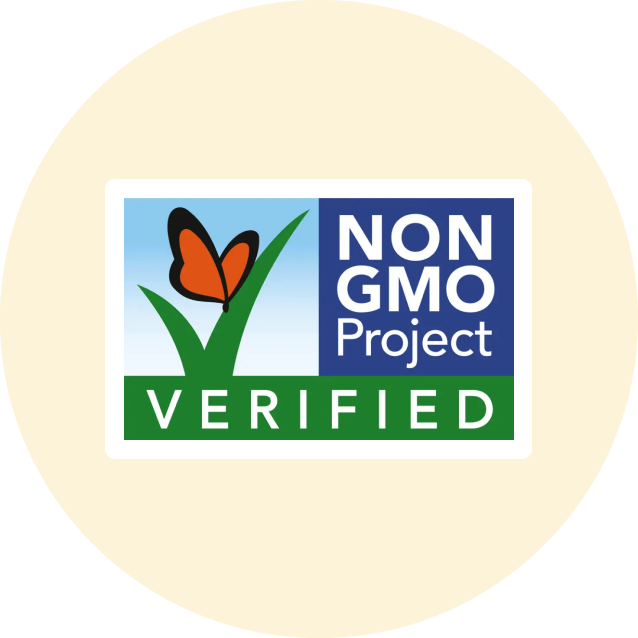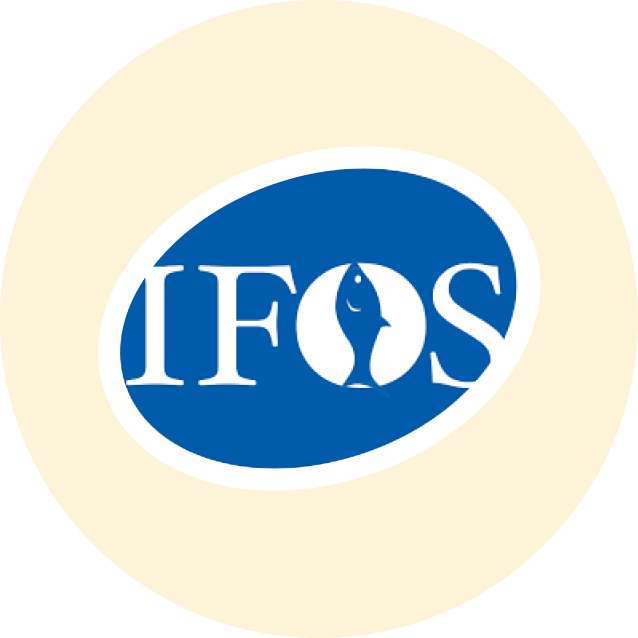What's in Your Supplements? 7 Ingredient Certifications To Look For
What's in Your Supplements? 7 Ingredient Certifications To Look For
Author: Dr. Kim Celmer, Naturopathic Physician
Choosing the right supplements for your body should be simple. But with long lists of unfamiliar ingredients, misinformation about where ingredients come from, and vague claims on the backs of many bottles, it’s no wonder you may feel overwhelmed in the supplement aisle.
Not sure which formulas are best for your body?
Here are seven certifications that Naturopathic Physician Dr. Kim Celmer recommends that you look for, so you can ensure your supplements are strictly made with vetted, trusted ingredients.
Certified Gluten-Free
Following a 2014 FDA ruling, products labeled "Certified Gluten-Free" must contain less than 20 parts per million (ppm) of gluten. If you’ve been diagnosed with Celiac disease or gluten sensitivity, always look for a Certified Gluten-Free product, since many common supplements use preservatives and fillers made with gluten.
NSF Certification
The National Sanitation Foundation (NSF) certifies products for meeting stringent purity standards, following the NSF/ANSI 173 standard. Under this standard, each product is extensively tested through unannounced factory inspections on a regular basis, verifying that each product’s ingredient list is accurate, and each formula is free of contaminants like heavy metals (e.g. lead, arsenic), pesticides, and herbicides.
NSF Certified for Sport: This special designation includes additional testing for sports supplements, verifying they’re free of contaminants, masking agents, and over 270 banned substances active bodies should avoid.
U.S. Pharmacopeia (USP)
The USP certification verifies quality across four main standards:
Identity: All listed ingredients are present.
Potency: The label’s potency claims are accurate.
Purity: Free from contaminants and unlabeled substances.
Performance: Dissolves properly to ensure active ingredient absorption
To maintain this certification, manufacturers undergo routine inspections and random testing.
USDA Organic
Products with USDA Organic certification contain at least 95% organic ingredients. Organic standards ensure that crops are grown with rigorous guidelines on soil quality, pest control, and banned additives.
Non-GMO Project Verified
Because genetically modified organisms (GMOs) are relatively new in comparison to conventional plants, their effects on the body may be less certain. This voluntary certification confirms products are free of GMOs, through an independent evaluation and annual verification.
International Fish Oil Standards (IFOSTM)
IFOS certification applies to fish oil supplements, which are tested for label accuracy and contaminants, including heavy metals, dioxins, and immune-suppressing PCBs — so you can trust where your Omega-3s come from. IFOSTM publishes its testing results online for added transparency.
Certified Vegan
The Certified Vegan trademark signifies that products contain no animal products or by-products. Manufacturers must provide documentation of ingredient sources and processes, which are reviewed by the Vegan Awareness Foundation.
Dr. Kim Celmer (ND) is a Naturopathic Physician and Owner of the Institute of Complementary Medicine. Dr. Celmer has spent over 25 years providing comprehensive care focusing on age management, hormone optimization, and general primary care that is both integrated and personalized. She is a member of the Institute for Natural Medicine.
This blog provides general information and discussions about health and related subjects. The information and other content provided in this blog, website, or in any linked materials are not intended and should not be considered, or used as a substitute for, medical advice, diagnosis, or treatment. Always seek the advice of your physician or other qualified health care provider with any questions you may have regarding a medical condition or treatment and before undertaking a new health care regimen, and never disregard professional medical advice or delay in seeking it because of something you have read on this website.









